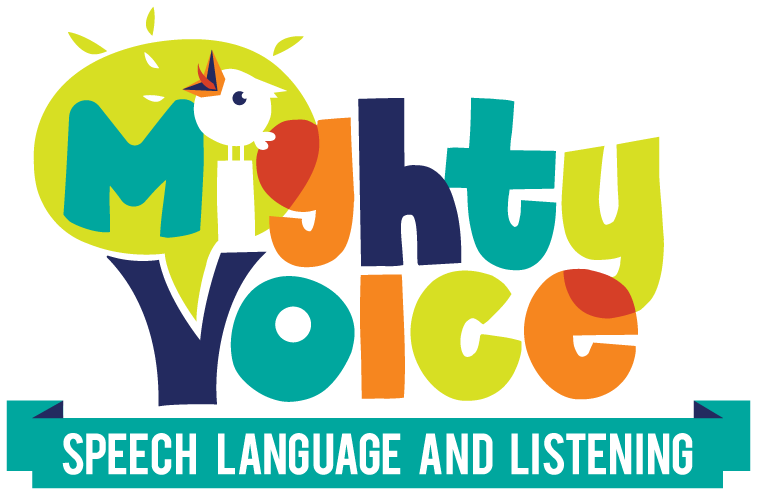As speech language pathologists, we’ve all had that moment…usually in front of an administrator…someone asks a student what they do in speech, and they answer “Play games!” You smile, and explain that it’s not just games, but you’re playing games while you get 100 reps of that R sound you’ve been working on, or answering “who” questions, or whatever your real goal has been.
Which is one of the reasons I intentionally talk to my kids about their goals in speech therapy. Sure, it sounds good when an administrator or teacher wants to know what kids are doing with you, but more importantly, knowing their “why” empowers kids. When they know what they’re working on, and what kind of progress they’re making toward it, they can take more ownership in the process.
Here are some of the things I do to help involve kids in talking about their own goals in speech therapy:
- Put It In Simple Language–I like to explain that goals are “things we’re working on” or “something you want to do.” We’ll talk about the task the same way…maybe saying “make that good S sound” or “Be able to describe things” or “answer questions about people”
- Talk About the Why–I also like to help kids with why we’re working on their goals. We might talk about how it will make talking with their friends less frustrating, or it’ll make writing tasks easier. I try to find something very practical in their lives that will be affected so it’s easy for them to see the impact.
- Focus on a Growth Mindset—Too often the kids in our speech rooms have heard or picked up on thinking that they’re not smart or they can’t do things. I don’t believe this is true, and so I actively work to help them believe it too. We talk about how we’ll work hard in speech, and some things might be hard, but we’re going to work on it together. I also focus on the idea that anytime we practice something a lot, we can get better at it.
- Have the Conversation More Than Once–Whenever we’re switching tasks or getting out materials, we talk about what we’re going to work on. I might say something like “We’re going to play this matching game to work on K sounds we’ve been practicing,” or ask the student “What do you think we might work on with this Guess the Person game?” Like anything else, we don’t expect them to master it the first time, so we keep practicing.
As you start (or continue!) talking with kids about their goals and their progress, you’ll find your own process and style. No matter how you go about it, getting kids invested in their own speech therapy and invested in their own progress is worth it.

